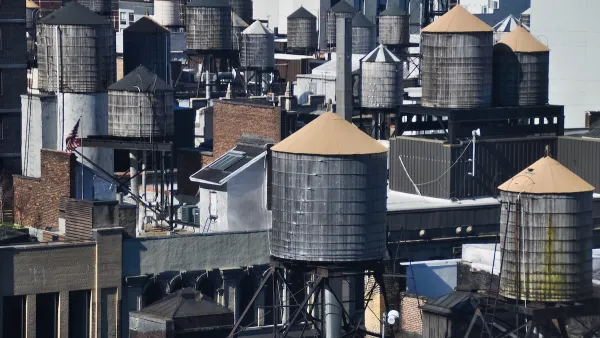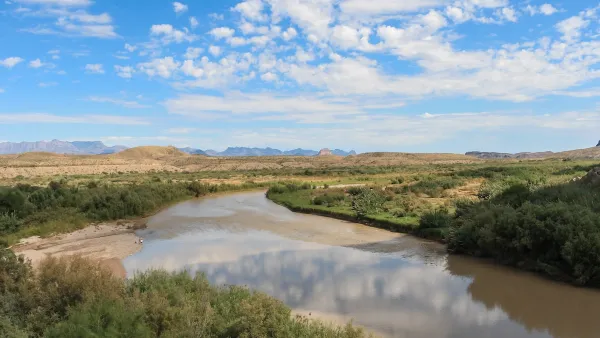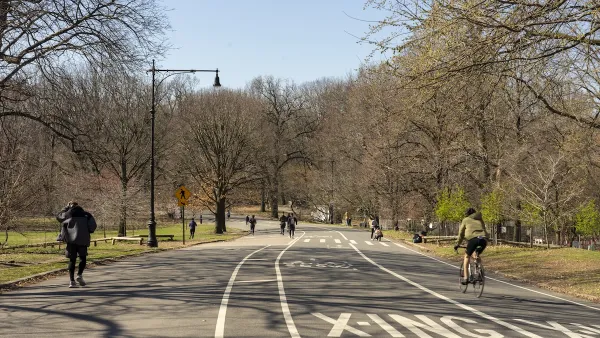The world is facing a water crisis, and existing development and management practices are only making it worse. This interview with water expert Peter Gleick looks at what's being done wrong and how it can be done right.
"A report from the World Economic Forum warned that in only twenty years our civilization may be facing "water bankruptcy"--shortfalls of fresh water so large and pervasive that global food production could crater, meaning that we'd lose the equivalent of the entire grain production of the US and India combined."
"The Nation: One of your points on the soft path is about matching the quality of water with its use so that we are no longer flushing our toilets or watering our lawns with potable water. How can we begin to make this transition?
Peter Gleick: We are making it. The places that are really water scarce are making that transition faster than other places. Water re-use has been going on for many years in Namibia. Singapore is moving very aggressively to something called NEWater, which is a state-of-the-art water treatment that is not used for direct potable re-use right away but for other demands for water. We can treat any quality water to potable standards. We have the technology. There is a psychological barrier and an education barrier and an expense barrier, but we are seeing it more and more. Another barrier is that we have one set of pipes that come into our homes. We don't need potable water for flushing our toilets, but often that is the only water we have. So part of the challenge is changing our infrastructure, so we can use different qualities of water for different purposes. That takes investment: money, time and education.
The Nation: So who should be doing this? Cities? States?
Peter Gleick: In general, we want our water to be managed and regulated at the lowest possible level: the most local. We want communities making decisions about water management, where appropriate. But there are things we want at the federal level--like efficiency standards and water-quality standards. One of the key points of the soft path is to manage water at the proper level."
FULL STORY: A World Without Water

Analysis: Cybertruck Fatality Rate Far Exceeds That of Ford Pinto
The Tesla Cybertruck was recalled seven times last year.

National Parks Layoffs Will Cause Communities to Lose Billions
Thousands of essential park workers were laid off this week, just before the busy spring break season.

Retro-silient?: America’s First “Eco-burb,” The Woodlands Turns 50
A master-planned community north of Houston offers lessons on green infrastructure and resilient design, but falls short of its founder’s lofty affordability and walkability goals.

Test News Post 1
This is a summary

Analysis: Cybertruck Fatality Rate Far Exceeds That of Ford Pinto
The Tesla Cybertruck was recalled seven times last year.

Test News Headline 46
Test for the image on the front page.
Urban Design for Planners 1: Software Tools
This six-course series explores essential urban design concepts using open source software and equips planners with the tools they need to participate fully in the urban design process.
Planning for Universal Design
Learn the tools for implementing Universal Design in planning regulations.
EMC Planning Group, Inc.
Planetizen
Planetizen
Mpact (formerly Rail~Volution)
Great Falls Development Authority, Inc.
HUDs Office of Policy Development and Research
NYU Wagner Graduate School of Public Service




























